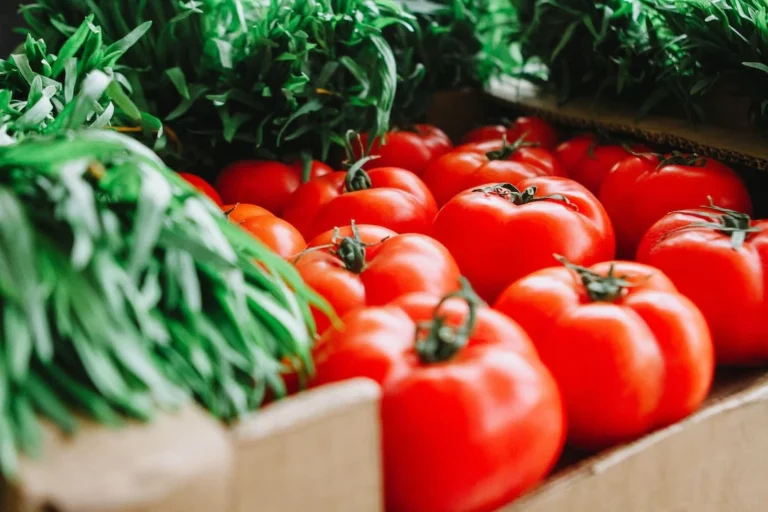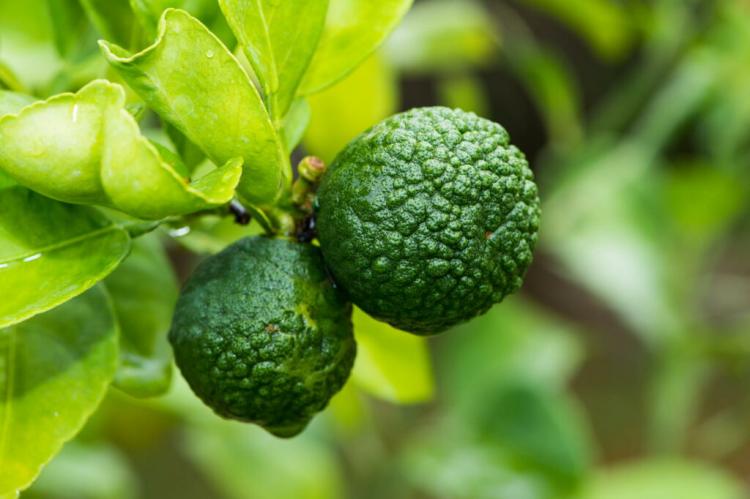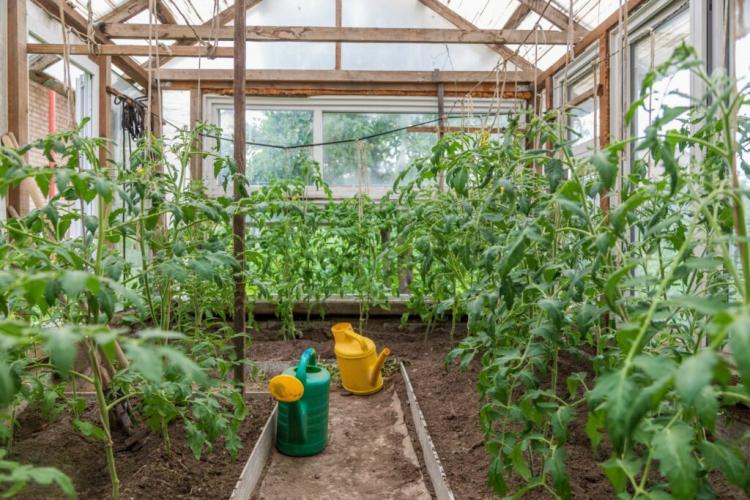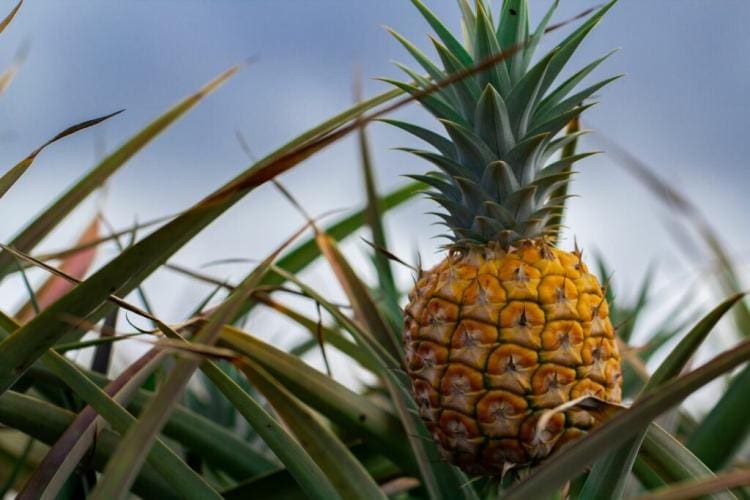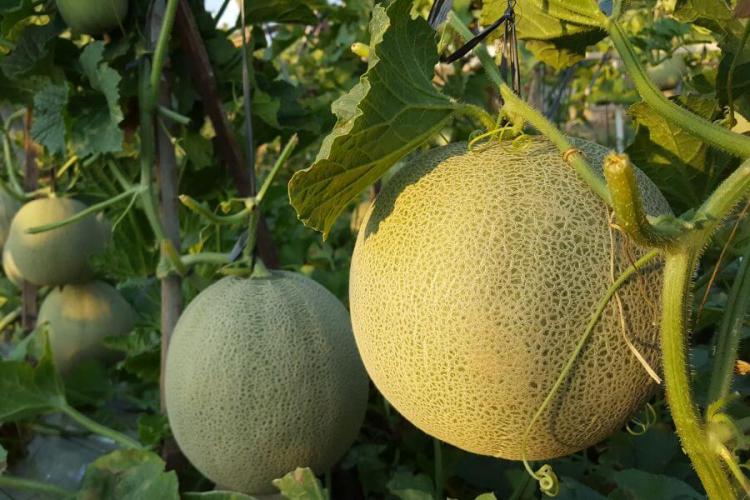Eggplant Care, Harvesting And Storage
Eggplants can be grown successfully in the garden. But when are the fruits ripe and how can you extend the shelf life by storing them properly? Growing eggplants ( Solanum melongena ) in your own garden is still rare. With the right care, you can plant the purple vegetables yourself in a suitable location. It is particularly difficult for hobby gardeners to estimate the right harvest time. We show when eggplants are ripe, how eggplants are properly harvested, and how best to store them.
Harvesting eggplant: when are eggplants ripe?
Table of Contents
Eggplants tend to be a slow-growing vegetable. While you start growing early in the year (sowing indoors from the beginning of February), you can harvest from late summer until the first-night frosts. In the greenhouse, however, you can collect your own harvest from July due to the warmer temperatures. The harvest time for aubergines outdoors is from August to autumn. However, it is more important than the exact calendar time to recognize whether the aubergines are really ripe when they are harvested.
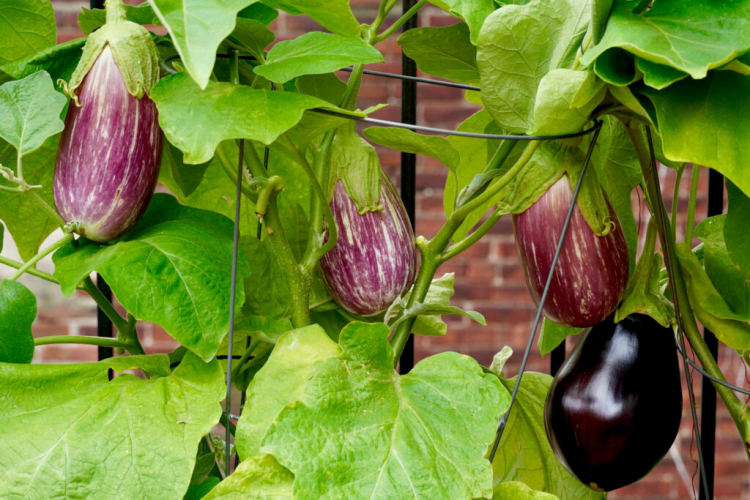
The following applies to the harvest of eggplants: The correct ripeness is crucial for the time of harvest. The round fruit (botanically it is actually a berry), like tomatoes and potatoes, belongs to the nightshade family ( Solanaceae ), which produces the toxin solanine. Solanine is found in unripe fruits, among other things, which can be recognized by their green color. Because of the poisonous solanine in unripe eggplants, you should definitely stay away from them. In order to recognize ripe eggplants, the following guidelines should be observed.
You might so like: Pointed Сabbage: The Early Ripening And Easily Digestible Type Of Cabbage
This is how you can recognize ripe eggplants:
- Dark purple and shiny skin (varies depending on the variety)
- The shell can be easily pressed in
- White pulp with no green spots
- Slightly greenish seeds
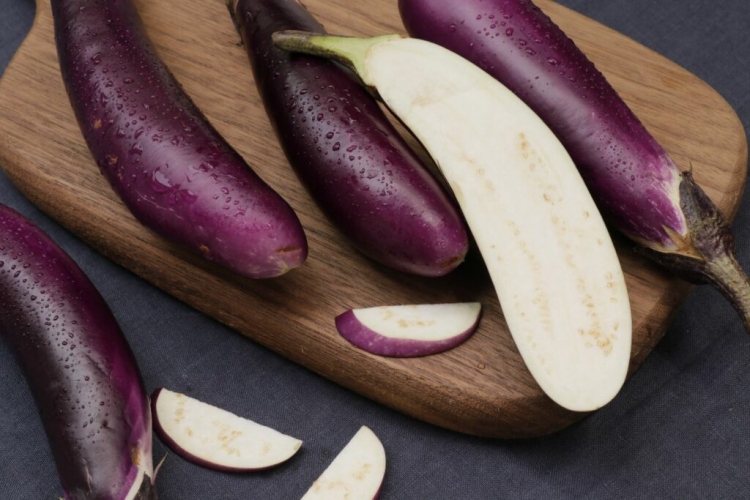
Store and preserve eggplants
Various storage methods are available so that ripe aubergines can be kept for longer than a few days. If eggplants are accidentally harvested when they are unripe, they should always ripen for a few days so that the solanine substance is broken down.
You might so like: Garlic: Origin, Importance, And Cultivation In The Garden
Store eggplants in the refrigerator
The ideal storage temperature is 10 – 13 ° C. They can also be stored in a colder refrigerator. If the temperature is too low, however, stains on the shell must be expected.
Pickle eggplants
Pickling is a popular way to extend shelf life while also making delicious antipasti. In addition to an aubergine, only the following ingredients are required for pickling: water, vinegar, garlic, salt, olive oil, and spices. Proceed as follows: Cut the aubergine into slices a few centimeters thick and cook them for a few minutes in half a liter of water and 100 ml of vinegar.
Then scoop and dab the aubergine slices. You need a mason jar to insert it, which should be boiled for a few minutes beforehand for sterilization. The eggplant slices are now layered in the glass together with garlic, spices, and salt and covered with olive oil. The pickled aubergines are ready and can now be enjoyed with Italian flair. This way, the eggplants will keep in a dark and cool place for several weeks.
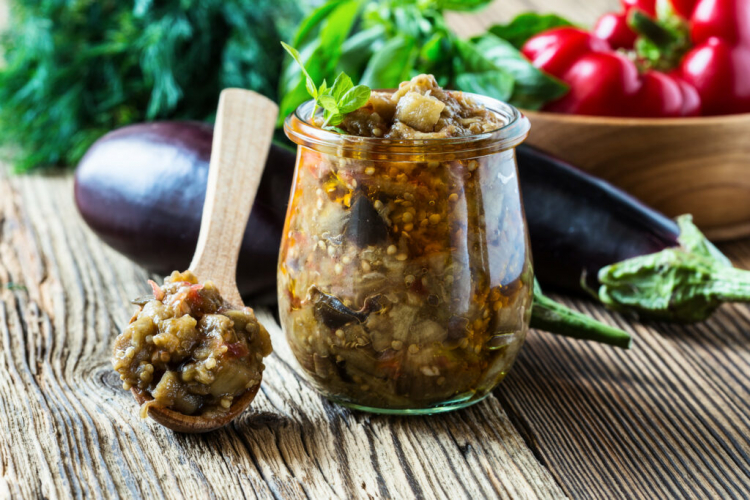
Canning eggplants
Canning is usually a way of preserving vegetables for a very long time. The vegetables are cooked with various ingredients in a closed state. With eggplants, however, this method is rather unusual, as the aromatic fruits become soft quickly. Basically, it is more advisable to soak them in oil. The aroma can develop even better in this way.
Freeze eggplants
If you want to keep excess eggplants fresh, you can also freeze the vegetables. Raw specimens that are not yet overripe are best for this. Eggplants that have already been cooked can also be frozen. We show how best to freeze eggplant.
Instructions for freezing eggplant:
- First, wash and peel the eggplant and cut it into 8 mm thick slices.
- Bring the water in the saucepan to a boil and add a little lemon juice (this will prevent the natural brown color).
- Blanch the slices in the hot water for a few minutes and then let them dry briefly.
- Finally, fill the aubergine into freezer bags or cans and place them in the freezer compartment.
In this way, eggplant will keep fresh for several months and can be prepared if necessary.
You can already ensure a rich eggplant harvest during cultivation. You can find out what to look out for in our special article on the subject of “Growing aubergines”.

